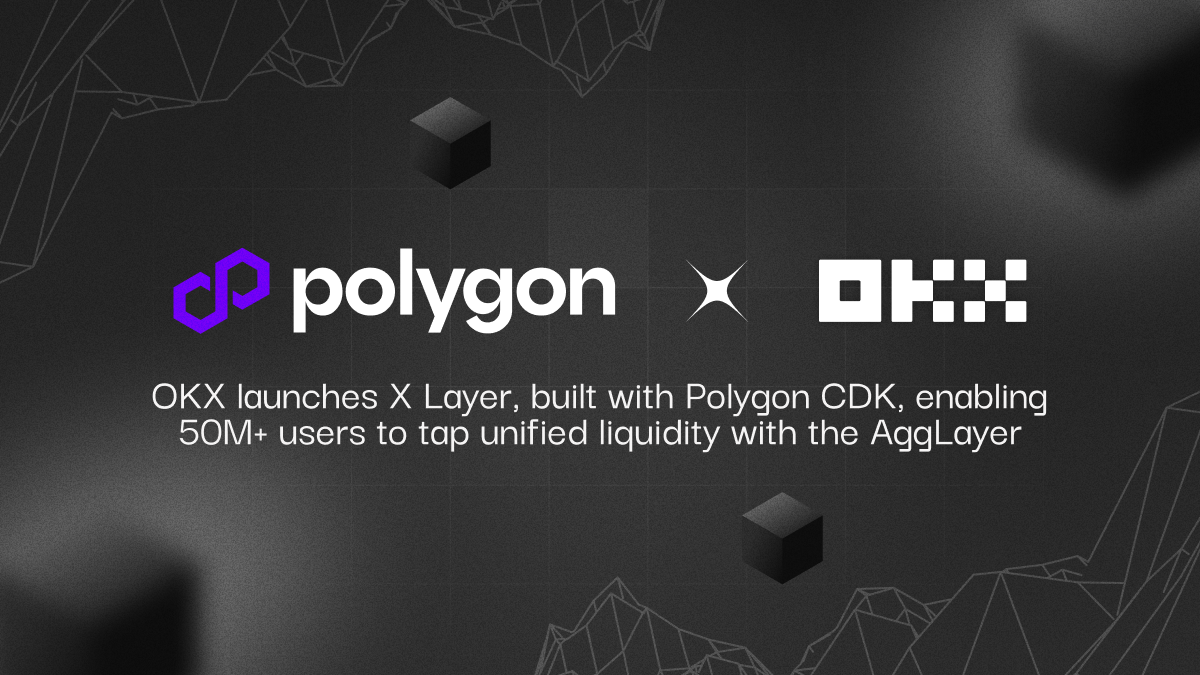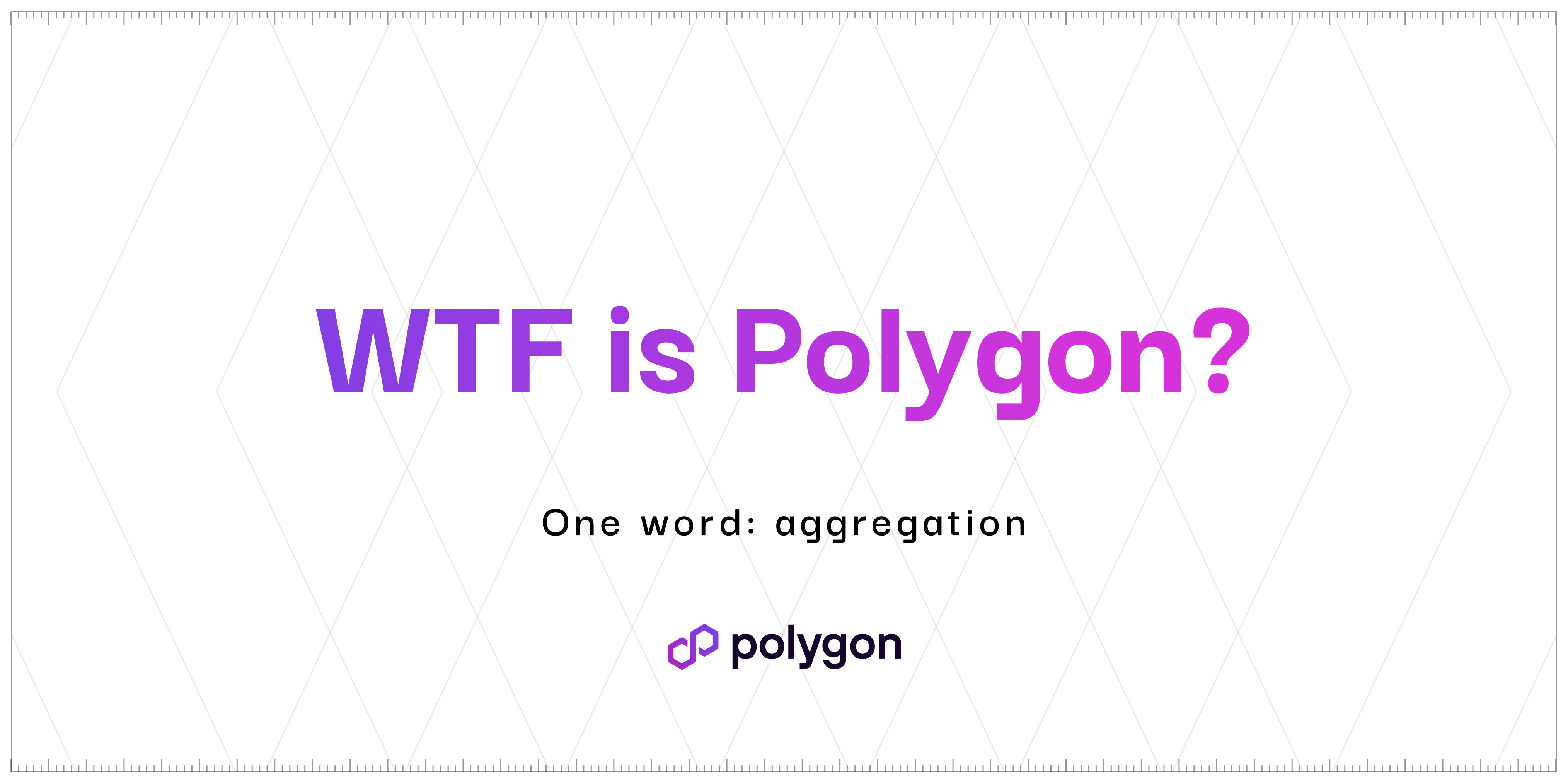Web3 & Music: Art in the Era of AI-Generated Content

You have to feel for folks in the music industry: even as they are still wrapping their heads around streaming, YouTube and TikTok, a new technological bombshell goes off. The music world now has to reckon with AI-generated songs.
“Heart on My Sleeve,” a collaboration between Drake and the Weeknd created with help of a neural network and without the consent of either artist, garnered millions of views across various platforms before being taken down by Universal Music Group. The viral hit raised troubling questions about what this next stage of music evolution holds for working musicians, labels and fans.
Technology has already radically changed how music is produced, distributed and consumed. Deep learning models are now taking a wrecking ball to the established ideas of intellectual property, ownership and what it means to be an artist. But the technium giveth as well as taketh, and there are a number of ways blockchain technologies can help the industry navigate the era of AI-generated content.
Read more: The Creator Economy is Dead. Long Live the New Creator Economy
Web3 music refers to the deployment of blockchain technology for use in all facets of the music industry, including royalty administration, production, promotion, distribution, and consumption. Blockchains enable creators to take control of their creative works, introduce new revenue streams, economic models, and empower deeper connection between artists and fans.
But what does any of this actually mean on the ground? How much of this technology is already available for musicians and fans? And where does the Polygon protocol fit into it? These are some of the questions this post aims to address.
Decentralized Music Production
New music production technologies are emerging on-chain that democratize access to creative tools and blurs the line between artists and fans by allowing everyday users to become active music creators and collaborators. Creators become instant rights holders and royalty owners of their music, powered by immutable blockchain record keeping.
- Arpeggi Labs is offering a marketplace for sample packs and remix licenses and an in-browser digital audio workstation with a fully on-chain library of creative commons sounds that lets users sample, remix, upload, and credit sounds in their creations, and mint them as NFTs.
- StemsDAO is a decentralized music platform that encourages engagement between artists and fans. An artist can release a music snippet to the community of users who can then remix the audio into new music NFTs while paying royalties to the original artists.
- Demotapers is an NFT platform where musicians and visual artists come together to create unique digital artworks for fans to collect, trade, and display.
On-Chain Rights Tracking & Royalty Payments
Even before AI complicates provenance and attribution of music, inadequate rights tracking and payout systems result in an estimated $2.5 billion in unclaimed music royalties. Blockchain’s immutability removes the need for fee-capturing intermediaries to track rights and manage payments. Payout splits are embedded into immutable smart contract metadata and facilitated by code-based payment triggers. Hosting these contracts on chain adds security, as contract details and payment records are cryptographically archived on a distributed ledger.
- Reveel is a revenue share protocol that allows a trustless, gas-efficient and composable way to distribute Web3 earnings with collaborators. Aiming to be the financial layer for collaboration in Web3, Reveel can help artists launch and own their music on Web3 rails with the promist of transparent, equitable royalty payments.
Direct Artist-to-Fan Communities
On-chain reward mechanisms align the incentive of artists and fans, which make the fanclub part of the artist’s growth model. Blockchain-hosted communities allow artists and fans to interact in more dynamic and mutually beneficial ways. Artists can reward and recognize fans who engage with their content, evangelize their brand or IP, or simply opt into their fanclub.
These rewards, usually NFTs, unlock new or premium experiences and possess secondary market value. Fans can also signal their identity as an OG or attendee of a special concert through credentialed badges and commemorative NFTs, all of which are archived securely on chain.
- Snowcrash is building Web3 software and the services to empower leading artists, publishers, and brands community, value, and ownership. The project, co-founded by Bob Dylan’s son, has entered into high-profile partnerships with brands including Sony Music and The Universal Music Group and is preparing to release NFTs of Bob Dylan's and Miles Davis' iconic works.
- Medallion helps artists launch digital worlds to expand fan participation, actionable insights, and economic potential. The project has already onboarded Tycho, Jungle, Sigur Rós, Santigold, Palaye Royale and Illenium.
- Pixelynx is developing an ecosystem of products that will help artists and fans express their ideas, showcase their fandom and connect in new ways. Decentralized, interoperable modules are at the heart of the network and connect artists’ IP to a growing ecosystem of integrations.
- Serenade is creating the modern day version of limited edition vinyl with Digital Pressings - rare releases produced by artists in scarce quantities, with special bonus content to celebrate the music people that back them.
- Droplinked platform empowers creators and influencers to directly monetize their efforts by building their own customized storefronts and showcasing products that align with their brand and audience.
- Bolero, whose tagline is "a record label for every pocket, is a blockchain-based music platform that lets music lovers o turn their music taste and emotions into a catalog of curated music assets, unlocking a revolutionary and accessible fandom experience.
Decentralized Music Distribution
Blockchain powered distribution models allow artists to unlock net new revenue streams. Artists can reach fans and monetize music by selling ownership of tokenized music, fan experiences, exclusive or early access, perks, merchandise and more through music NFTs. They can also reward fans with ownership, upside, and recognition through these models.
- Royal lets anyone invest in music and take an active role in artists’ success. When you buy a piece of a song or album, you not only own a percentage of the streaming royalty rights, but can also unlock access to benefits like concert tickets, merchandise, and more. Diplo, Nas, and The Chainsmokers are some of the first artists to join the revolution with Royal.
- FanTiger is a music NFT marketplace focused on bringing the Indian music industry into the Web3 era.
NFT Ticketing
The immutable verification standards inherent to the blockchain make digital tokens the ideal use case as event tickets. NFT tickets can eliminate off-market price gouging, counterfeiting, and on-sale bottlenecks. They can also extend a tickets value horizon by incorporating additional features and perks into the ticket and representing a resellable on-chain asset.
- YellowHeart enables venues and artists to utilize its proprietary Web3 ticketing platform to increase sales through tiered and customizable Web3 tools to drive traffic, energize engagement, and reduce fraud and ticket scalping.
- 3PM provides a platform for artists to mint and manage NFT tickets for their events.
DIY Developer Tools & SDKs
Web3 developers are building low- or no-code developer kits and interfaces to empower other devs and musicians to launch projects of their own. These builders are decentralizing engineering competency and laying the foundation for a new generation of Web3 music development.
- Decent provides multi-chain NFT infrastructure that simplifies the creation and transaction of NFTs. Developers get well-documented SDKs that abstract Solidity language and enable cross-chain transactions; creators can deploy, manage, and analyze their NFT collections without code; and collectors can browse and curate their collections through API endpoints.
- Revelator is a provider of digital IP infrastructure that offers labels and artists a range of tools for managing their music, including royalty accounting, distribution, and analytics. Through their recently announced partnership with Tuned Global, Revelator will enable artists to create and distribute music releases as NFTs directly on their Web2 streaming platforms.
This is just a cross-section of Web3 tools that in the coming years will enter the music industry mainstream. With that much tech working on behalf of artists and fans, there is no reason to fear AI-driven change. Holly Herndon, whose Holly+ tool which uses AI and blockchains together to let anyone make music with a model trained on her voice, summed it up in a tweet:
Explore the extraordinary world of Web 3 music on the Polygon network, through events, demos and on-chain achievement tokens. Tune into the Polygon Labs Blog and our social channels to keep up with updates from the Polygon ecosystem.
Together, we can build an equitable future for all through the mass adoption of Web3!
Website | Twitter | Developer Twitter | Telegram | Reddit | Discord | Instagram | Facebook | LinkedIn



.png)








.png)




